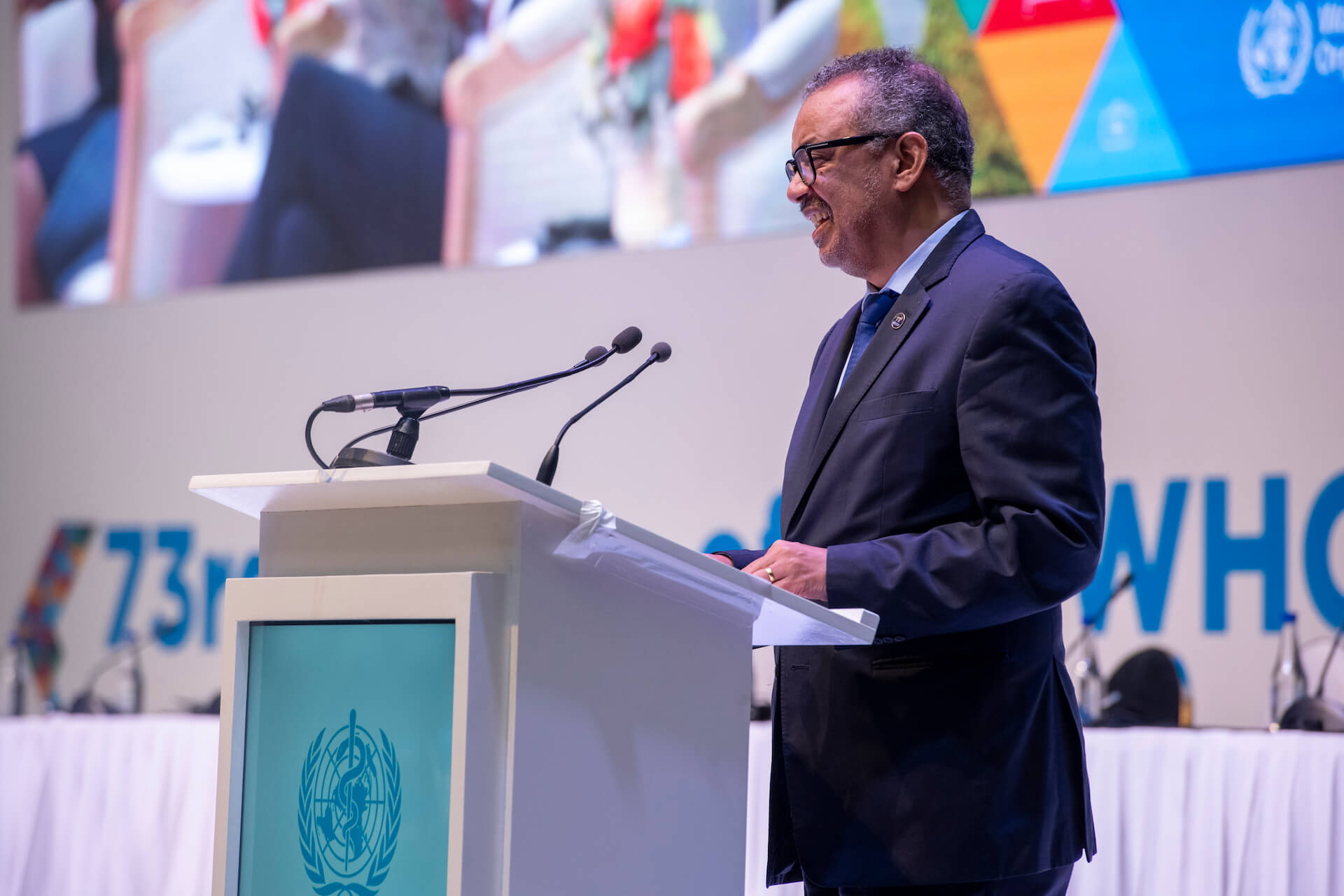The World Health Organization (WHO) has taken decisive action to address the growing threat of cholera outbreaks by allocating $16 million from its Contingency Fund for Emergencies, as announced by Dr. Tedros Ghebreyesus, WHO Director-General, during an online press briefing.
WHO is actively engaging in the battle against cholera by delivering crucial resources, collaborating with partners to execute on-the-ground responses, supporting countries in detecting, preventing, and treating cholera cases, and educating individuals on protective measures.
Dr. Tedros Ghebreyesus underscored that recent WHO data revealed a distressing trend, with the number of reported cholera cases in 2022 more than doubling compared to the previous year. Early data for 2023 indicated that the situation was likely to deteriorate further, emphasizing the urgency of mobilizing additional funds to curb this epidemic.
He emphasized, “To support this work, we have appealed for $160 million, and we have released more than $16 million from the WHO Contingency Fund for Emergencies. However, the ultimate solution to cholera lies in ensuring universal access to safe water and sanitation, which is an internationally recognized human right.”
The Director-General highlighted the alarming spread of cholera, with 28 countries reporting cases in 2023, a significant increase from the 16 countries that reported cases during the same period in 2022. He stressed that the most severely impacted nations and communities are characterized by poverty and limited access to clean drinking water and sanitation facilities.
Furthermore, these areas face challenges such as shortages of oral cholera vaccines and essential resources. Healthcare workers in these regions are overwhelmed as they contend with multiple disease outbreaks and additional health crises.
In Nigeria, cholera is a recurring and seasonal illness that tends to surge during the rainy season, particularly in regions lacking proper sanitation facilities. While cholera infections are often mild or asymptomatic, severe cases can be life-threatening.
In July 2023, Nigeria recorded 55 cholera-related deaths, with 2,052 suspected cases reported from January to July 2, 2023, according to the Nigeria Centre for Disease Control and Prevention. Suspected cases emerged in 24 states across 96 local government areas, resulting in a case-fatality ratio of 2.7 percent.




